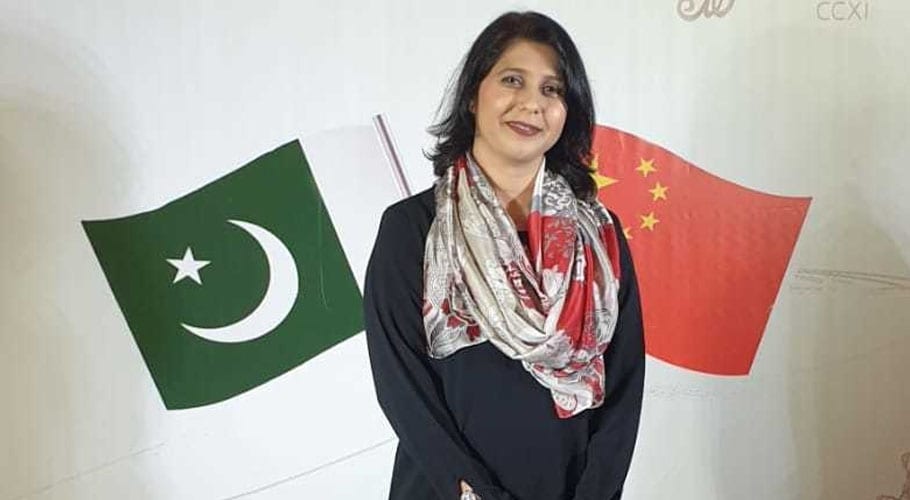There are a few inspirational women leading in the stock markets. One of them is Raeda Latif, Head of Marketing at Pakistan Stock Exchange.
She has work experience of over 20 years in the stock market. Besides being a working woman, she is also an educationist and has taught in several renowned universities. Ms Latif was our guest as we spoke about her experience working in the stock exchange and in the field of education.
MM: Why did you choose a male-dominating profession like Pakistan Stock Exchange?
Raeda Latif: I do not agree it’s a ‘male-dominating’ profession, it’s a false impression. You would find a lot of women working in the Pakistan Stock Exchange. There is a Facebook group named ‘Women Investment’ where women talk about investment, help each other and post research.
We have more than 10 percent of female workers working in the PSX at the moment. Most importantly, there are at least 4 to 5 main departments that are headed by women.
MM: How was this impression created that only men can buy and sell at the stock market?
Raeda Latif: There is a culture in Pakistan, where a conscious division exists that only a man can play his role in investments and stocks and outdoor work. But in reality, women invest too.
MM: Are there any investment schemes for women in the stock market?
Raeda Latif: We can’t restrict women to buy limited stocks or finance in limited investments, it is not in our policy, however, most of the women invest in gold, SSC, DSC, saving certificates and national saving schemes.
MM: Many women are working but only a few run their own businesses. What is the reason for the few women entrepreneurs and how can this be changed?
Raeda Latif: Our setup is different. In Pakistan, if you look at the number of women working in the workforce, there would definitely be a few only but it does not mean that women do not run businesses. Most of the women do it and it’s just their setup is mostly not registered.
If you focus on the semi-urban and rural areas, you would see women working there. Food delivery, catering, working in fields, these are the works that women do that remain unregistered.
About 1.2 million women have been jobs by an NGO in 2017. This is because they work and loans are lent to them. Their ratio of loan recovery is higher among women as they pay on time.
MM: Why is ‘feminism’ objectified in Pakistan? Has ‘women empowerment’ been affected by feminism?
Raeda Latif: A woman should be able to make a choice, access education and be equally treated at workplaces with the same salary package. Some organizations do not even hire women. This needs to be changed. However, such attitudes are changing now in a positive way.
If we talk about women empowerment, there comes an important social factor like different family backgrounds. Most women do not choose to work, they prefer family over work. And most of the time, men do not allow women to work as they don’t find the environment safe for them.
MM: Most Pakistanis don’t save capital. How can we save our income through investments?
Raeda Latif: I would suggest investing in anything whenever you receive money. Always put aside a certain amount and never keep cash with you. Lock it, it will become easier for you to save money. Invest in mutual funds, gold, buy stocks, certificates, or buy bonds.
MM: You are an educationist. Do you think students of public and private institutes have the same skills or intellect? How can we overcome this difference?
Raeda Latif: I have taught at both public and private institutes, I would say students in public institutes are also focused and ambitious. If I talk about the private sector, I see girls are more competent than boys.
The main difference I see in both sectors is that females are few in public institutes but in private institutes, you see a balanced figure.



































